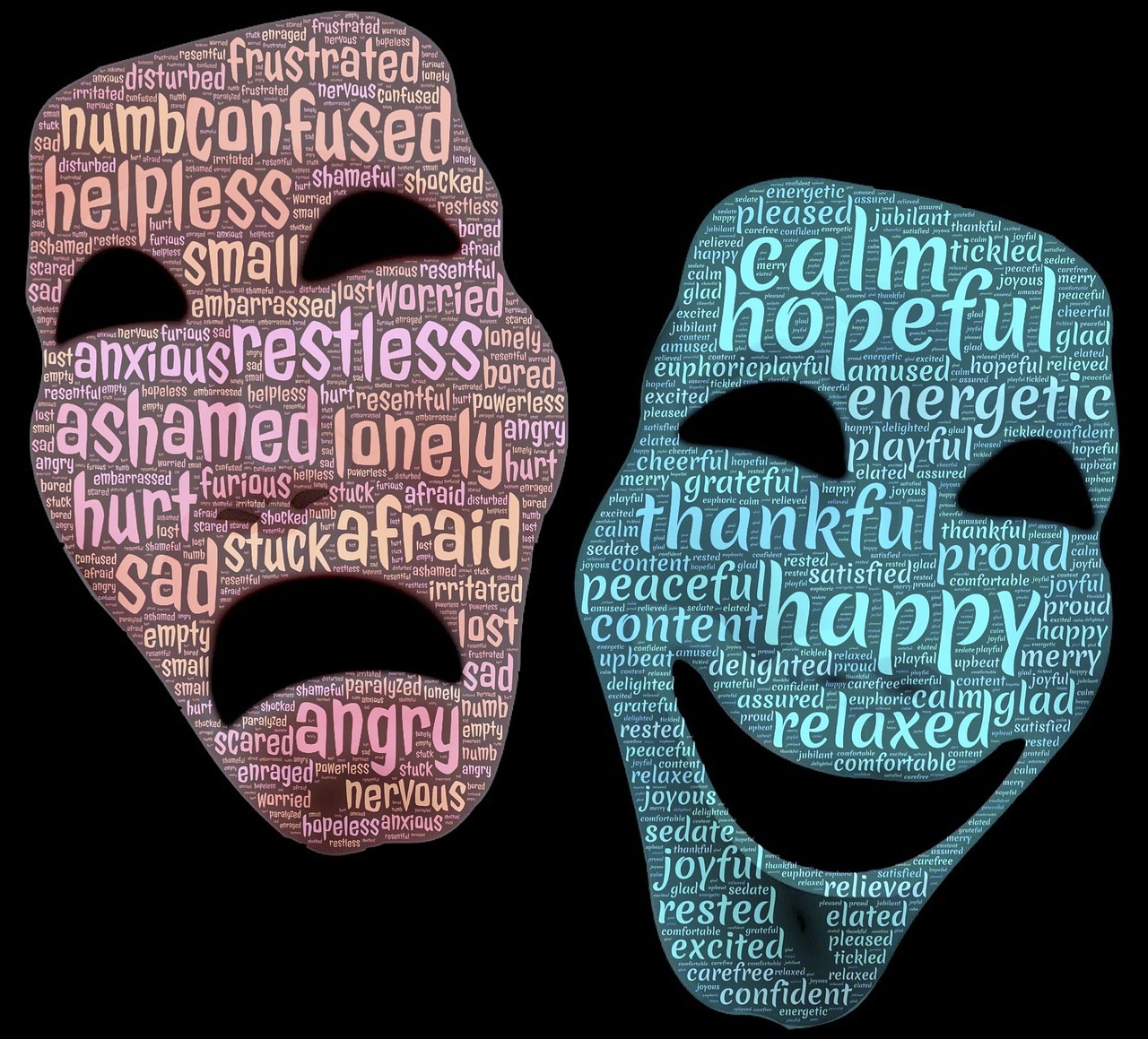As stated in my previous article, researchers have found that personality disorders (high-conflict personalities) are more common than previously thought. One common feature of high-conflict personalities is that they lack emotional maturity in interpersonal relationships. Emotional maturity is the ability to deal with reality (Gibson, 2015). For example, as a result of their personality limitations, emotionally immature people often alter their perceptions of reality to fit what makes sense to them. Their bodies may have “grown up”, but have arrested development often “stuck” at an earlier emotional age (Gibson, 2019). They may behave in chronically “childish” behaviors.
Many emotionally immature individuals behave like children or adolescents. This may not be intentional, but due to limitations or deficits in their maturity. While most people have their moments, questions to explore in assessing maturity include: Do they act mature in interactions? Do they throw chronic tantrums? Do they shut down consistently? Do they cut off or stop talking to you abruptly? Are they emotionally insensitive? Are they concrete in their thinking patterns? (black, white, etc). Emotionally immature people may lack emotional sensitivity, behave in a self-preoccupied manner, and may cause you to question your reality. You may find communication difficult to even impossible. Therefore, it is important to acknowledge and recognize the signs so you can deal with them accordingly.
The following are characteristics that may help you recognize emotional immaturity and deal with it effectively. The purpose of this article is not to diagnose people unless you are a qualified mental health professional. However, it is helpful to be able to spot emotional immaturity in others to handle the situation both realistically and tactfully.
Characteristics of Emotionally Immature People
- Chronic self-absorbed/self-preoccupied behavior- they think of themselves first
- Limited or complete lack of empathy
- Lack of guilt/remorse
- Disregard your well-being/safety and those you love
- They do what feels best- they do not learn from past mistakes, and continue to repeat behavior that has negative consequences
- Lack self-reflection
- Inability to take your perspective (stand in your shoes)
- History of conflict and drama in relationships
- History of denying reality due to affective realism (reality is what it feels like, versus what it is).
- History of distorting reality (making up a new narrative about a situation) to deal with it
- History of impulsive behavior (more feeling than thinking, so they do what feels best)
- Enmeshment in relationships instead of emotional intimacy
- May focus on physical things versus emotional
- They do not do emotional work
- They do not know how to repair relationships effectively
Recognize How You Feel Around Emotionally Immature People
It is also important to notice how you feel around emotionally immature people/disturbed personalities. Feelings of discomfort, anxiety, confusion, exhaustion, and irritation are common. You may feel like it is a one-sided conversation all the time, and you may feel hurt because your experiences and feelings are discounted and ignored. You may feel like you are walking on eggshells and/or they are overly negative and “draining”. They often provoke anger because you may feel dismissed, unseen, or your reality is questioned (gaslighting). Their immature defense mechanisms are usually the reason they employ gaslighting to discount your reality as they re-create reality. As a result, you may feel “brain scrambled” (can’t think straight) after an interaction. This leaves victims thinking “what happened, am I crazy?” Unfortunately, continuous interactions with HCP’s can cause ongoing depression, anxiety, and post-traumatic symptoms over time.
Recognize How You Feel Around Emotionally Mature People
In contrast with emotionally immature people, you may feel excited and happy around them, energized and grateful after you spend time with them. They may have “good vibes” and you may feel your feelings are validated/understood. During disagreements, you feel empathy from the other person and feel comforted that (even if not initially) they can take your perspective and understand where you are coming from. They take responsibility for their actions, feel bad/guilty when they think they hurt you, and apologize for their behavior. They are authentic and you feel at ease around them. They can think and feel at the same time, they are self-reflective, have deep emotional connections over time, and their defenses adapt to reality. Emotionally mature people can deal with both outer and inner reality and are realistic, adapt, and accept “what is” versus distorting reality. They do not engage in delusional thought patterns that do not match reality like personality disordered/emotionally immature people.
All relationships are stressful at times. However, chronically stressful relationships may be indicative of a larger problem in one or both parties. For example, when conflicts arise between emotionally mature people, often the relationship rupture leads to effective repair that makes the relationship stronger. Both parties feel more understood, closer, and warmer toward each other. In contrast, there is no genuine conflict resolution with emotionally immature people/personality-disordered individuals. It is vital to acknowledge and recognize these dynamics at work, within family or with friends so you can deal with the situation effectively. Some clients choose to distance themselves or estrange completely. Others may choose to change their tactics and expectations of the relationship. This can help promote a safe outcome for yourself and others.
Copyright 2022: Tracy Hutchinson, Ph.D
Would you like to learn more about how to manage your relationships? Contact Dr. Tracy Hutchinson today »
References
Dingfelder, S. (2004). Treatment for the ‘untreatable’. American Psychological Association, 35 (3).
Gibson, L. (2019). Recovering from Emotionally Immature Parents/Adult Children of Emotionally Immature Parents (2015).
Gibson, P., & Gavin, M. (2016). Adult Children of Emotionally Immature Parents: How to Heal from Distant, Rejecting, or Self-Involved Parents. Tantor Media, Inc.
Godwin, A. & Lester, G. (2021). Demystifying personality disorders. Clinical Skills for working with drama and manipulation. (PESI).
Lester, G.W. (2018) Advanced Diagnosis, Treatment, and Management of DSM-5 Personality Disorders. Ashcroft Press.
Roth, K, Friedman, F. (2003). Surviving a borderline parent: How to heal your childhood wounds & build trust, boundaries, and self-esteem. CA: New Harbinger.
Sweet, P. (2019). The Sociology of Gaslighting. American Sociological Review, 84 (5).




